Brazil's Lula raps US dollar, IMF amid bolstering China ties
Brazil’s president has blasted the monstrous role of the US dollar in the global economy during a formal visit to China after the two nations forged a recent pact to replace the dollar with their own currencies in trade deals.
"Why should every country have to be tied to the dollar for trade? Who decided the dollar would be the world's currency?" asked President Luiz Inacio Lula da Silva at a Thursday ceremony in China’s largest city and global financial hub, Shanghai, to inaugurate his political ally Dilma Rousseff as president of the New Development Bank set up by the BRICS member nations -- Brazil, China, Russia, India and South Africa.
"Why can't a bank like the BRICS bank have a currency to finance trade between Brazil and China, between Brazil and other BRICS countries? Today, countries have to chase after dollars to export, when they could be exporting in their own currencies," added visiting Lula, who is currently touring China aiming to further expand ties with his country’s top trading partner.
The 77-year-old president, who is due to meet with his Chinese counterpart Xi Jinping in Beijing on Friday, intends to reposition Brazil as a global go-between and deal broker, spreading a message that "Brazil is back" as a key player on the global stage.
Lula’s administration declared last month that China and Brazil had reached a deal to trade in their own currencies, ditching the US dollar as an intermediary.
Under the currency deal, Brazil and China named two banks – one in each country – to conduct their massive trade and financial transactions by directly exchanging yuan for reais and vice versa, rather than going through the dollar.
China is Brazil's biggest trading partner, with a record $150.5 billion in bilateral trade last year.
IMF ‘asphyxiating’ certain economies
Lula also lashed out at the International Monetary Fund (IMF) and accused the major financial agency of “asphyxiating” the economy of certain countries.
The Brazilian president alluded to accusations that the US-led IMF enforces overly harsh spending cuts on cash-strapped countries such as Brazil's neighbor Argentina in exchange for bailout loans.
"No bank should be asphyxiating countries' economies the way the IMF is doing now with Argentina, or the way they did with Brazil for a long time and every third-world country," Lula emphasized. "No leader can work with a knife to their throat because their country owes money."
Lula, who previously led Brazil from 2003 to 2010, is seeking to smooth relations with China, after relations deteriorated under his far-right predecessor, Jair Bolsonaro.
China FM vows deepening Beijing-Moscow ties
Separately on Thursday, Chinese Foreign Minister Qin Gang reiterated during a meeting with Russian Foreign Minister Sergei Lavrov that Beijing is ready to work with Moscow to maintain bilateral relations at a high level.
Qin stressed that Chinese President Xi Jinping recently paid a successful state visit to Russia and achieved fruitful results, which provided strategic guidance and fundamental compliance for deepening China-Russia relations in the new era.
Both countries should maintain high-level exchanges and safeguard mutual political trust, promote the Pre-2030 Development Plan on Priorities in China-Russia Economic Cooperation signed by the two heads of state to take effect as soon as possible, and guide the high-quality development of bilateral economic and trade cooperation, the top Chinese diplomat further emphasized.
The two sides also need to deepen legislative and people-to-people exchanges and cooperation, Qin added.
Lavrov, for his part, underlined that the frequent high-level interactions and strategic coordination between Russia and China demonstrate the positive momentum and full resilience of bilateral relations.
Moscow is willing to work with Beijing to implement the important consensus reached by the two heads of state, promote the priorities in Russia-China economic cooperation, give full play to the role of cooperation mechanisms in various fields, and further facilitate personnel exchanges, he further noted.
Stressing that Russia firmly supports China in safeguarding its core interests, Lavrov added the two sides would continue to strengthen coordination and cooperation within multilateral frameworks such as the Shanghai Cooperation Organization and the BRICS countries, and promote the multi-polarization of the world and the democratization of international relations.
Nouri al-Maliki vows not to withdraw bid for Iraq’s premiership
OIC calls emergency summit as Israel accelerates West Bank expansion
Israel, not America, first: Carlson’s Huckabee interview lays bare US foreign policy priorities
VIDEO | Call for unity, more support for Palestine, humanitarian action during Ramadan
Lebanese parliament speaker rejects any postponement of elections
VIDEO | Gazans break Ramadan fast amid rubble of their destroyed homes
Iran seeks to strengthen strategic ties with West African countries: Defense minister
US envoy’s remarks on Israeli West Asia expansion shows Muslim world targeted: Houthi


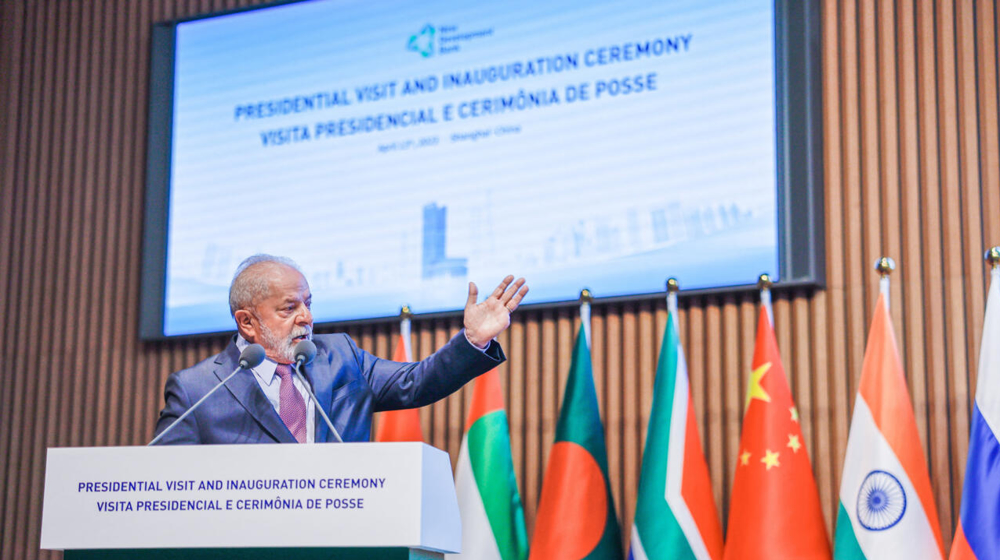
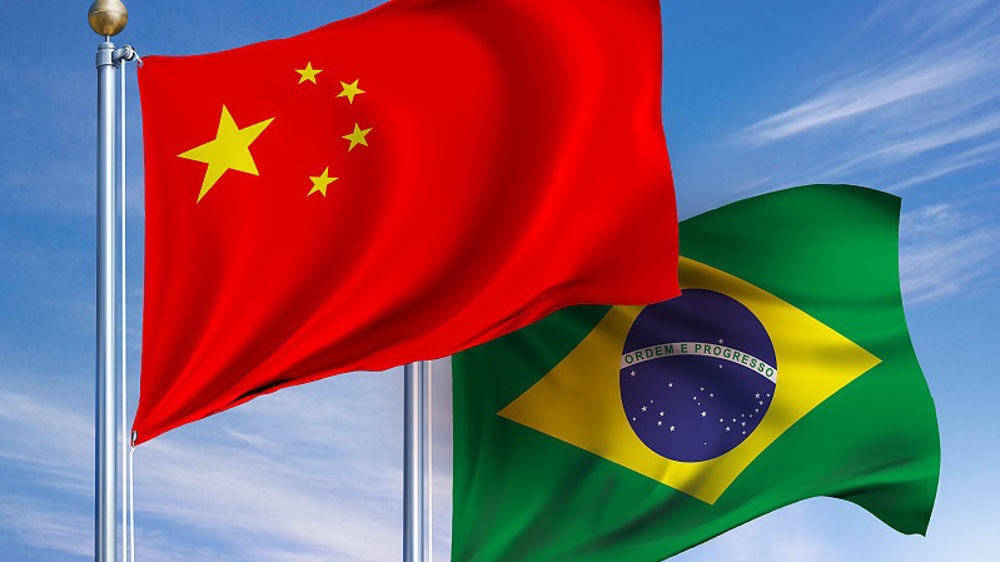
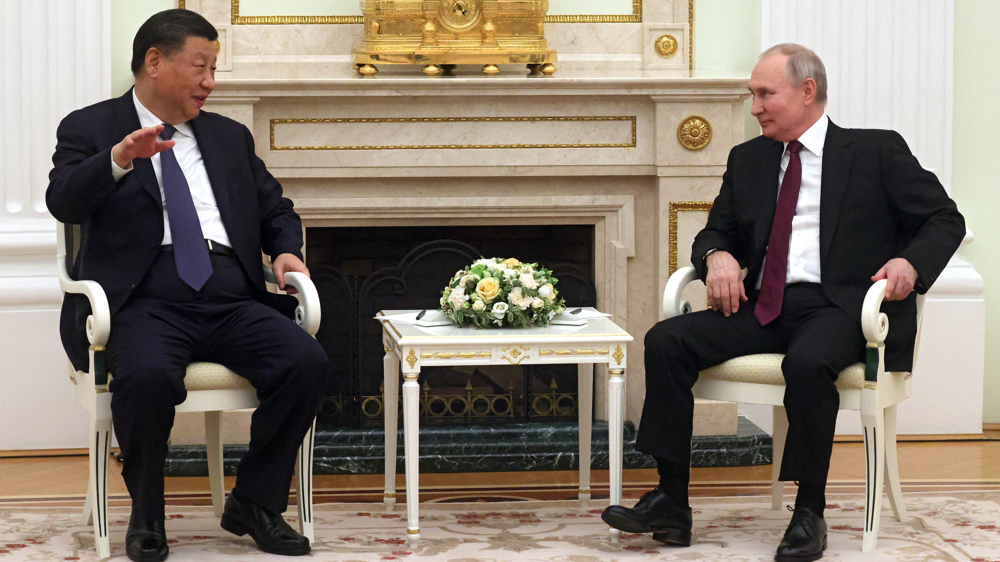
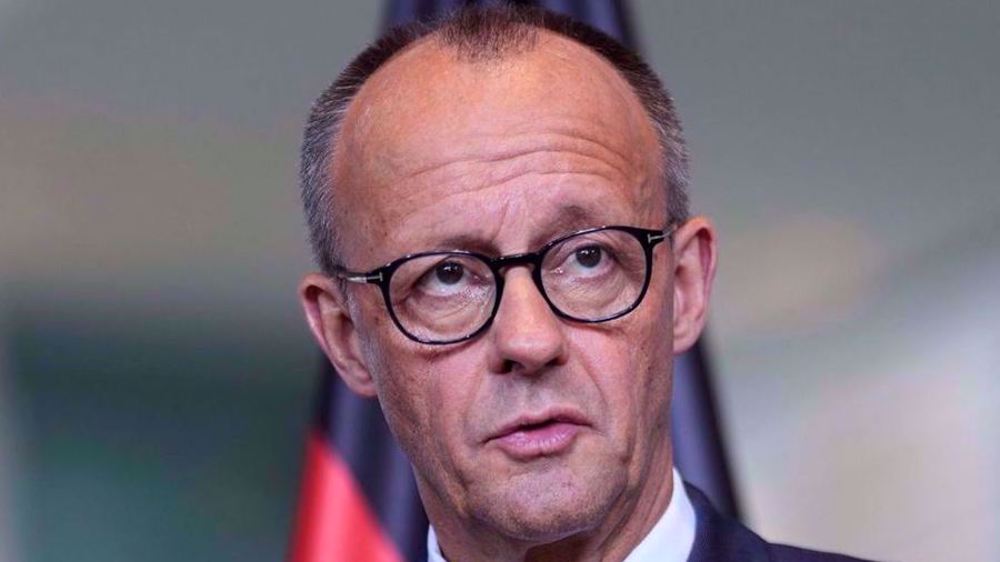
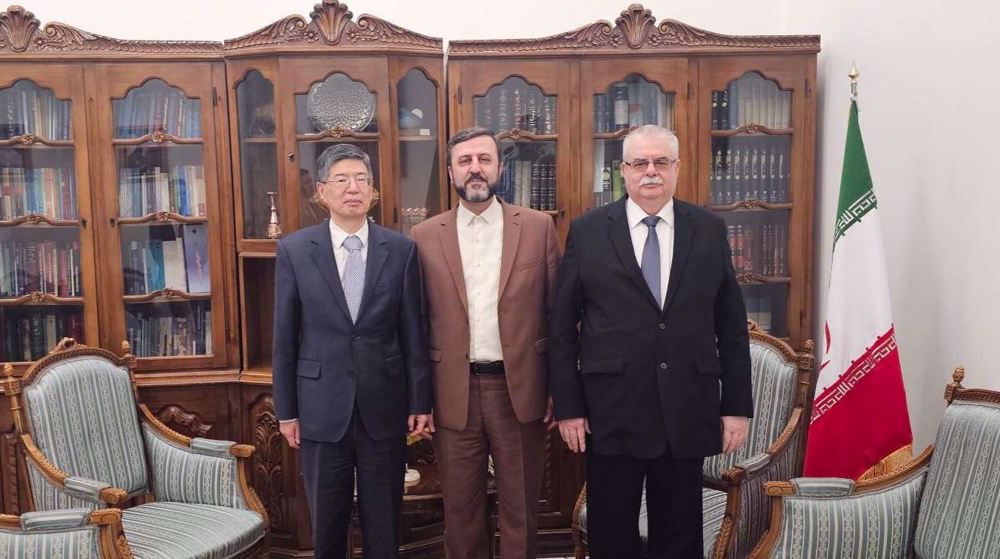
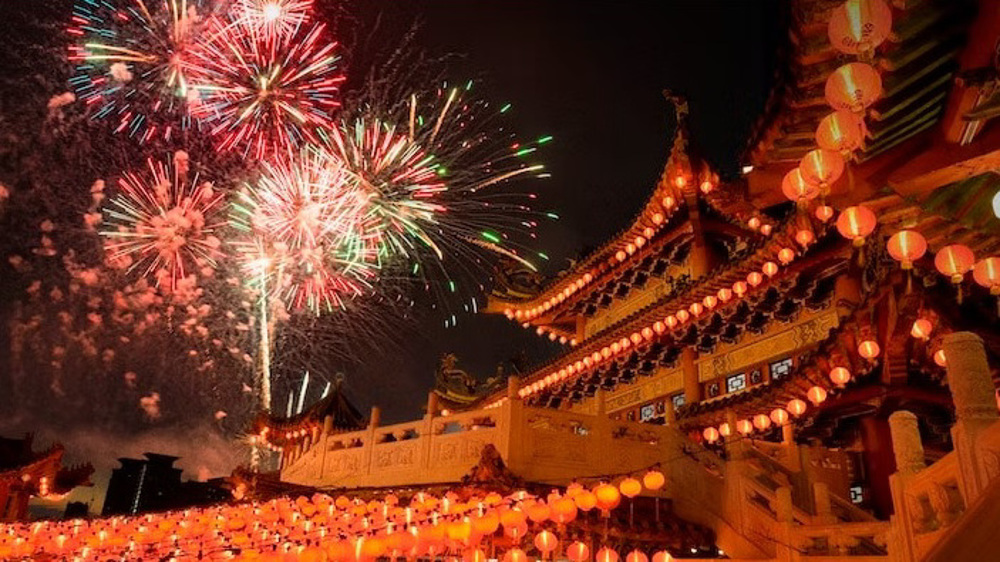



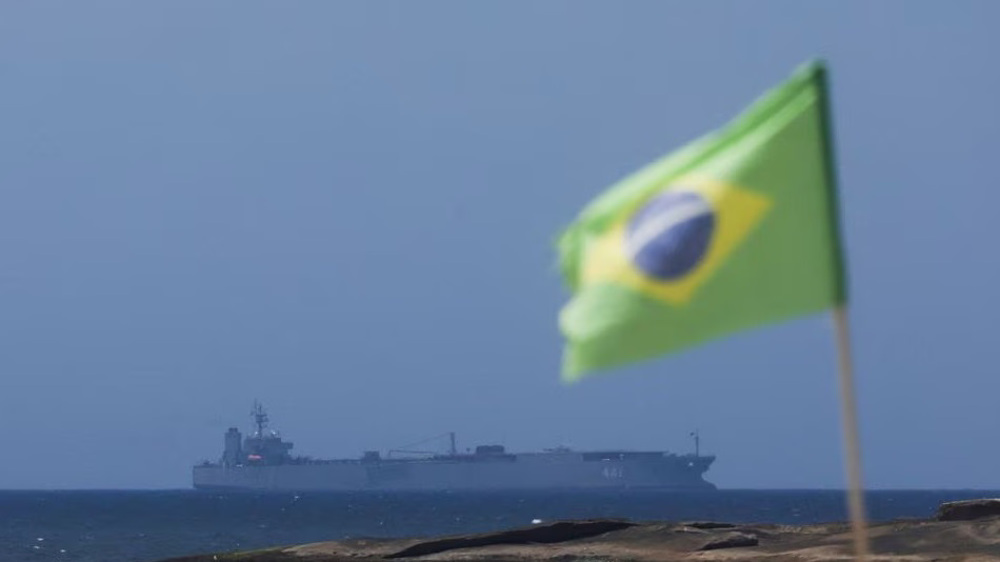
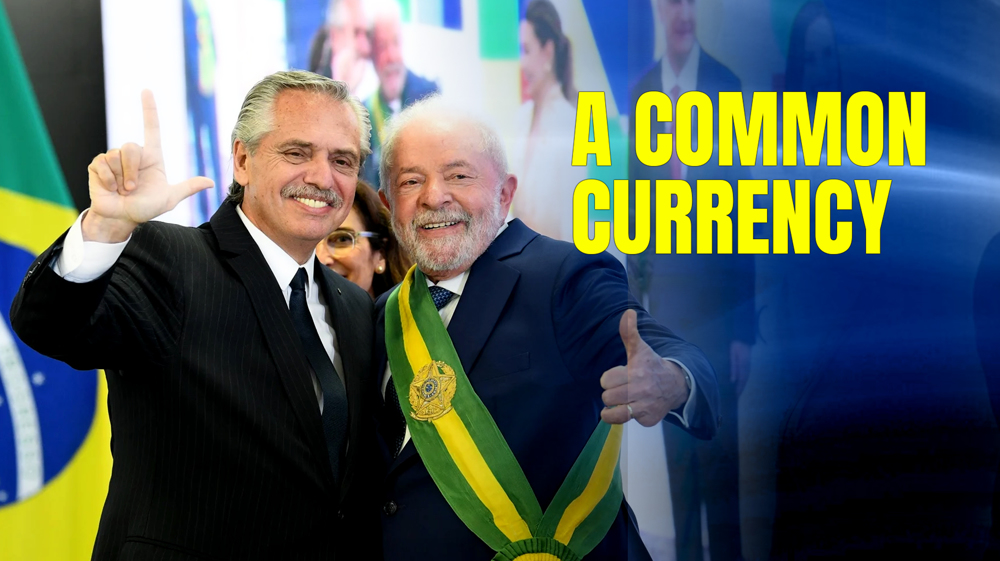

 This makes it easy to access the Press TV website
This makes it easy to access the Press TV website